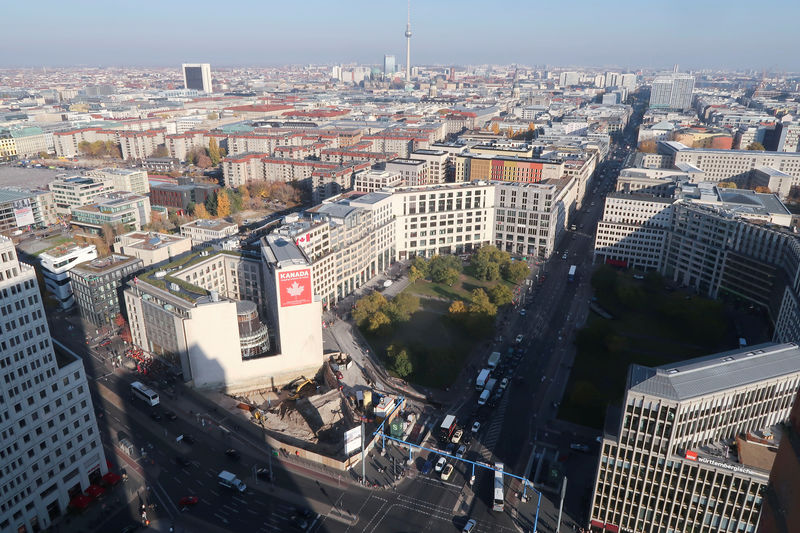U.S. may expand Nvidia and AMD’s 15% China chips deal to other companies
Investing.com - Germany's 10-year bond yields could face pressure in the near-term as investors look ahead to a week of political headlines and a relatively light economic calendar, according to analysts at Commerzbank (ETR:CBKG).
Risk sentiment was supported on Monday, weighing on demand for a more traditional safe-haven asset like German 10-year Bunds, with traders eyeing the outlook for a crunch meeting between U.S. and Russian official in Saudi Arabia this week and a potential deal to end the war in Ukraine.
Media reports have suggested that the high-level in-person talks -- the first of this kind between U.S. and Russian officials in years -- could be a precursor to a possible face-to-face meeting between Trump and Russian counterpart Vladimir Putin. Ukrainian President Volodymyr Zelenskiy noted that that Kyiv was not invited to the talks in Saudi Arabia, while Ukraine's European allies have voiced concerns that they may be frozen out of the negotiations.
"Compounding the pressure, it also becomes increasingly clear that Europe has to take its fate into its own hands with discussions how to mobilize significant defence funding set to intensify, alongside the looming contribution for Ukraine reconstruction," the Commerzbank analysts led by Rainer Guntermann said in a note to clients.
Still, Guntermann added that risk appetite "should remain supported" by the prospect of a peace deal. Yields, which typically move inversely to prices, moved higher on Monday.
Meanwhile, the impending German election on Sunday could further impact yields, Guntermann said. Germany's opposition Christian Democratic Union (CDU) party is on track to win the vote by a sizeable margin, polls have indicated, with Friedrich Merz tipped to become the next chancellor of the country.
Still, polls suggest that several parties, including the CDU, the far-right Alternative for Germany, and current Chancellor Olaf Scholz's Social Democratic Party, are close to securing at least 5% of the vote -- an important threshold parties must pass in order to be represented in Germany's national parliament.
The outcome will impact the prospects for Germany's sputtering economy, reform of a longstanding limit on government borrowing known as the "debt brake," and European Union policy, Guntermann argued.
"While the [Christian Democratic Union] will most likely win the election and Friedrich Merz will become the next chancellor, the coalition and majorities for debt brake reform remain too close to call," Guntermann wrote.
